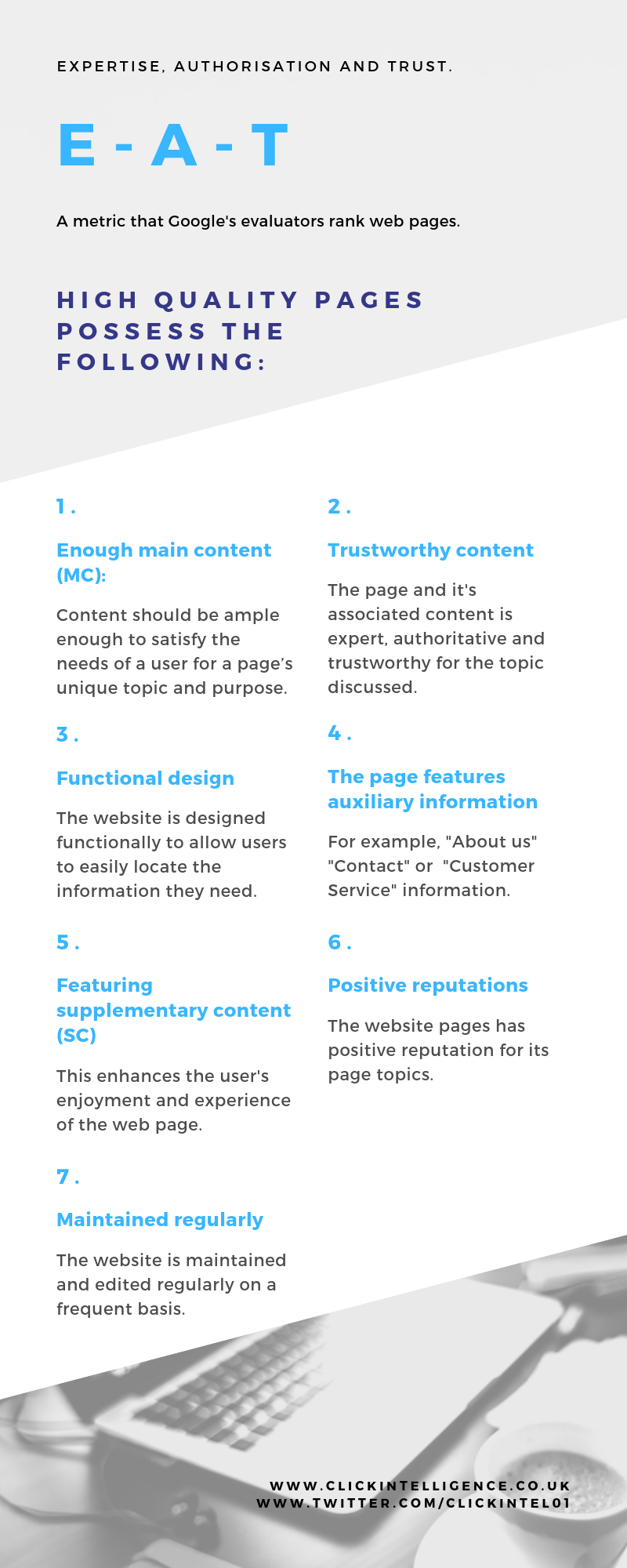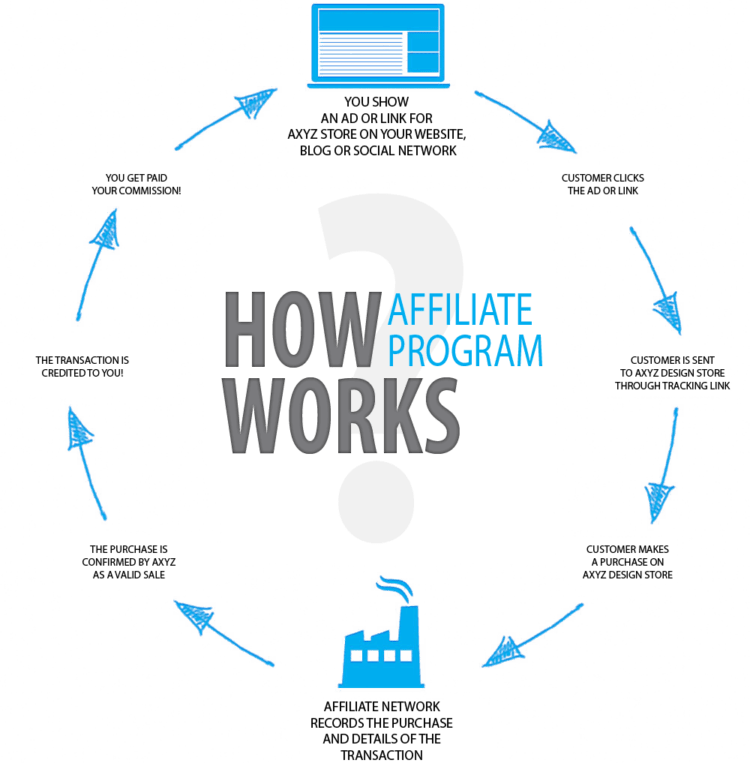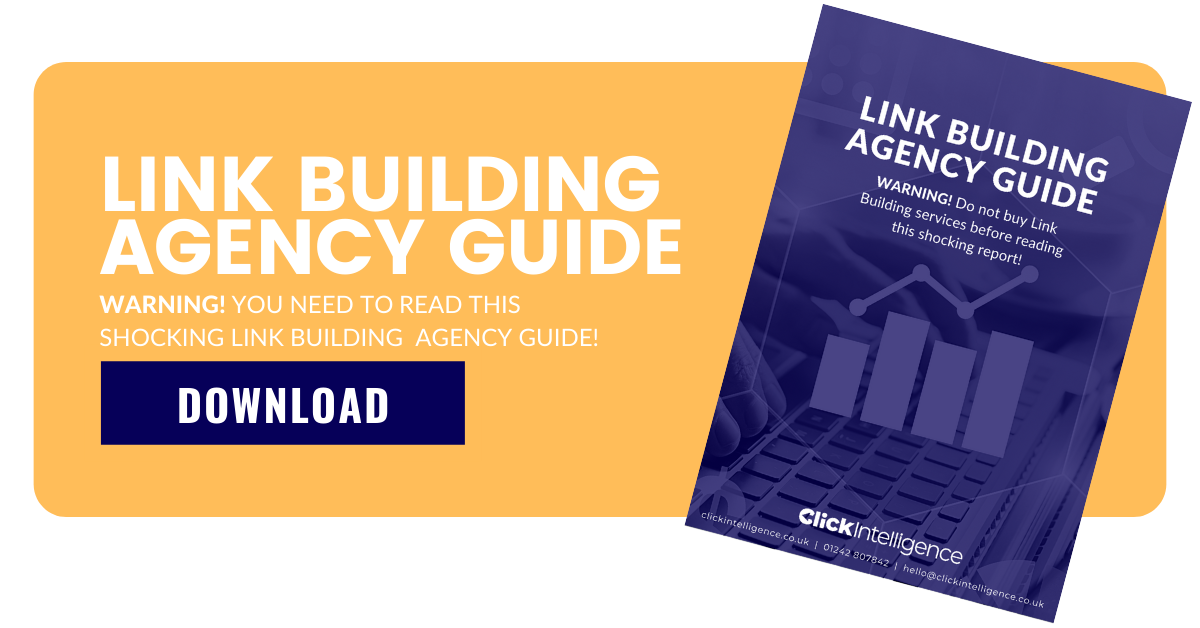Wouldn’t it be great to be able to spend less on advertising and still get valuable leads and potential customers to your website? Even more, get customers who were already in your target niche audience and who were ready to buy?
That might sound like a pipe dream for many, but with good SEO tactics and link buildingLink building is a process of acquiring links pointing to your website. These links are obtained by creating content, participating in social media or commenting on other blogs. being one of the main ones, it’s not unrealistic to see your website traffic grow.
The Importance of Traffic
Traffic is one of the most misunderstood parts of digital marketing. Far too often, we hear the same phrase “I want loads of traffic” or, for social media, “I need loads of likes and followers”, and the truth is, unless you have a plan for that traffic, getting a tonne of traffic to your website or likes through your social media isn’t actually as helpful as you’d imagine.
Of course, this doesn’t mean you shouldn’t aim to get traffic and boost your eCommerce growth, but it’s much better to have 1000 fully engaged and ready to buy visitors or social media fans than it is 10,000 barely interested or dormant accounts.
How to Build The Right Traffic
Now we’ve tackled what kind of traffic is the right traffic, let’s take a dive into how to build better traffic for your website.
When considering building traffic, you’re thinking about three key areas: building trust, building sales, and ranking higher in search. Arguably, all three of those are very similar, but understanding the needs for each will help you to build your eCommerce strategy for a more comprehensive approach to your traffic efforts.
In this article, we’re going to focus on eCommerce link building strategies because link building is the one thing that you can do that will actually help all three aspects of traffic driving. Link building can help build trust with your audience, drive targeted traffic to your website, and more external linksHyperlinks, also known as links, are the connection points on a webpage that take you to other webpages. will naturally raise you higher in the search results.
Link building for eCommerce sites is a key area of SEO and is incredibly valuable, especially for eCommerce sites.
What Is Link Building for eCommerce?
In simple terms, link building for eCommerce sites is gaining links to your products and landing pages, either externally (which is what most people consider as a link building strategy) or internally (also known as on-page search engine optimisation, although on-page SEO covers a lot more than just internal linking). Link building is one of the benefits of eCommerce SEO.
Google search and other search engines use a number of factors to rank websites and decide who should be on the front of the search engine results page (SERP). Having a number of high-quality links to your website from authority sources will tick a lot of boxes as far as Google is concerned, and where Google is happy, most other search engines follow.
Why is Authority Important?
Google measures a website’s EAT score. EAT stands for Expertise, Authoritativeness, and Trustworthiness. Building your authority in your niche is tricky, and there are many factors that go into Google deciding how good of a source of information you are, but if you think about your link building efforts in terms of EAT, then you will already be ahead of your competition.
It’s worth noting here that not all links are considered equal. If you were to gain 50 backlinks from very low-quality websites, this would be good for building some EAT but not as valuable as a handful of links from higher quality websites. A very authoritative website would be incredibly valuable, but it’s unclear as to how much more valuable Google would see this.
There is definitely an argument for quantity over quality, but with Google’s machine learningMachine Learning is the branch of artificial intelligence (AI) that gives computers the ability to learn without being explicitly programmed. and AI getting better and better every day, companies that focus on quantity could soon see their websites downgraded in the SERP over websites that have focused on quality.
6 Ways To Build Quality Links in eCommerce
Building links can be as easy as throwing money at the situation, but if you want to build quality links, then you’ll need to do some work. As they say, nothing worth doing is easy!
We’ve pulled together six ways to build quality links both to and on your website. The world of SEO for eCommerce websites changes day-to-day, so the value of each method is hard to estimate, but one thing is for sure. If you work to improve building quality links across all eCommerce link building methods, you will see the results in your eCommerce SEO.
Content Marketing
We may have said above that it’s difficult to decide which one of these methods is more important, but if we had to put money on it, then creating content would win hands down.
What is content marketing? Content marketing is marketing designed to drive users to your website through well-crafted content such as blogs, videos, images, podcasts, etc. In eCommerce link building terms, content marketing usually refers to blog posts, both on-page and off-page.
We’ll discuss off-page blogs further down, but as far as on-page blogging goes, you really need to be doing it! The beauty of creating on-page blogs is that you can spend some time explaining to your audience why your products are good.
For example, you may run an online pet supplies shop that has all kinds of new innovative products. By writing a blog about how to help anxious dogs over fireworks season, you’ve helped your audience by giving them some information as well as recommended your products at the same time.
Google loves this kind of content!
Suppliers
Do you work with suppliers who are active over both social media and the blogging world? Why not ask them for a link back to your website?
You can be really creative with this one too, and reach a wider audience while you’re at it.
Complementary Link Building
Building links with complementary product and related niches are a perfect way to build your links without taking valuable traffic away from either website.
Here’s a great example of complementary link building strategies in action:
A website all about camping has a contact with a pet cremations company. Both products seem unrelated, but the pet cremations company has a popular blog all about pet health and well-being, and the camping website has just written a blog about where dogs sleep on a camping trip. They contact the pet cremations company to ask for a link to them from their article about camping with pets and vice versa.
Here we see a great use of complementary services. The pet cremations website has an audience of pet lovers, and the article they are linking from is directly related to camping. This is a relevant but diverse link because neither website is taking traffic away, and both are being helpful to their audience.
Stats Get Links
There’s a well-known phrase in the world of digital marketing: Stats get links.
It couldn’t be more true either; well-researched stats and nuggets of information will inevitably get links because others will use it in their research efforts.
Take this a step further by creating infographics, Pinterest images, videos, and social media ready graphics that other websites can link to, and you’re onto a winner already. Add in as many stats as are relevant and in an attractive way to your blog posts and articles and watch the links come in.
Affiliates
Affiliate marketingAffiliate marketing is a legitimate and potentially lucrative way to build a career. For businesses, affiliate marketers can be valuable partners to grow your audience. is alive and well, and it can be a great way to build your links for eCommerce.
What is Affiliate marketing? Affiliate marketing at it’s most simple is marketing using influencers or authority figures in your industry to recommend your products. The beauty of affiliate marketing over influencer marketing, though, is that you can get even smaller websites to publish your links as long as they are getting a return on it.
This is a fantastic way of building specific links to your products, but even more, you’re gaining traffic that is already warm and ready to buy.
The obvious downside to affiliate marketing is that you will be sharing a percentage of your sales, and for some companies, that may seem like a risk they’re not willing to take.
Infoproducts
The last on our list is infoproducts. Infoproducts are usually digital products such as an ebook or an e-course, and they can be a great way to gain links to your website and your products.
For eCommerce sites, you’ll need to think outside the box a little, but there’s definitely no reason to ignore infoproducts.
For example: if you were to run a website selling survival and preparedness gear, a great infoproduct might be a monthly members-only e-magazine about preparedness and survival. This could be promoted over social (especially YouTube) and would easily gain links both to the useful e-magazine, but also links to the products you recommended in your useful magazine.
Infoproducts can be an excellent way to build a business and create even more income streams.
Summing Up
eCommerce websites are facing some of the best times for online shopping, but with more traffic comes more competition.
Get your website up to speed and build those quality links with Click Intelligence. Our expert team and our SEO link building services will help you get more traffic to your website and more sales made. Call the team today for more information.














